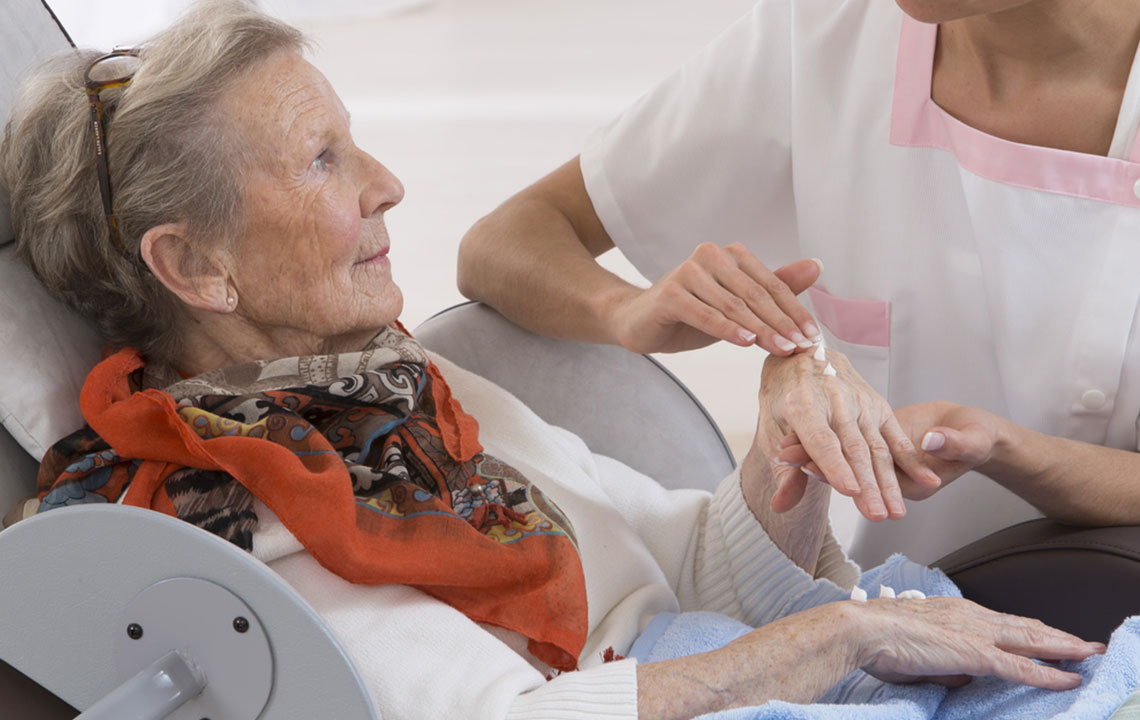Comprehensive Guide to Choosing the Right Caregivers for SMA Patients
This comprehensive guide provides insights into selecting and managing caregivers for SMA patients. It covers understanding care needs, assessing insurance options, interviewing qualified caregivers, and preparing for caregiver transitions. Proper caregiver support is vital for the well-being of SMA patients, ensuring personalized, continuous care that adapts to their progressing needs. Learn how to balance family involvement, professional help, and financial considerations to enhance quality of life for those affected by SMA.

Comprehensive Guide to Choosing the Right Caregivers for SMA Patients
Understanding how to select suitable caregivers for individuals with Spinal Muscular Atrophy (SMA) is crucial for ensuring they receive consistent, high-quality care. SMA is a complex genetic disorder that affects the nervous system, leading to progressive muscle weakness and loss of motor function. Its symptoms, severity, and progression vary significantly among patients, making personalized care essential. As a result, family members often begin as primary caregivers, but the increasing complexity of care requirements makes professional support necessary over time.
Spinal Muscular Atrophy impacts daily life profoundly. Patients may struggle with basic activities such as sitting, standing, or even breathing in advanced stages. Without appropriate assistance, their quality of life diminishes considerably. Therefore, selecting a qualified caregiver who can provide comprehensive support is vital for both the patient's well-being and the peace of mind of their family. This involves understanding the specific care needs of the individual and choosing caregivers with the appropriate skills and experience to meet these needs.
Initial caregiving responsibilities often fall on family members, such as parents or siblings. However, as the disease progresses, these family caregivers may find it challenging to sustain the level of support required. Consequently, many families opt to hire professional caregivers through licensed agencies or independent providers. The correct caregiver not only administers daily routines like bathing, dressing, and feeding but also manages medical devices, administers medication, and monitors health indicators. Proper caregiver support plays a critical role in preventing complications and enhancing the patient's comfort and independence.
When planning to engage caregivers for SMA patients, understanding the level of care required is essential. This involves assessing whether the patient needs occasional assistance, such as during certain times of the day, or full-time, around-the-clock care. Additionally, exploring available government assistance programs, insurance coverage, and other financial support options helps in creating a sustainable care plan. Many regions offer subsidies or coverage through programs like Medicaid, which can offset costs significantly.
Consultation with social workers, healthcare providers, and insurance representatives can clarify the scope of services supported by existing programs. These discussions help determine the maximum number of care hours funded, as well as any limitations or regional differences in coverage. Recognizing these factors allows families to tailor their caregiving arrangements and prepare for any gaps that might require personal funding or additional resources.
Choosing the right caregiver involves conducting thorough interviews and assessments. Potential caregivers should be evaluated based on their experience with SMA or similar neurological conditions, their skill set, and their comfort level with specialized activities. These activities include assisting with mobility, operating medical devices, managing feeding tubes if necessary, and providing emotional support. Interviewing multiple candidates ensures families find a caregiver whose personality, competence, and approach align with the patient’s needs.
It is equally important to prepare for caregiver turnover. Professional caregivers may view their roles as temporary or may leave for opportunities elsewhere. This reality underscores the importance of establishing a reliable network of caregivers and creating contingency plans. Training additional staff, maintaining detailed care records, and fostering good communication among all support personnel contribute to continuous, seamless care regardless of personnel changes.
Ultimately, selecting appropriate caregivers for SMA patients requires a strategic combination of family involvement, professional expertise, and financial management. Careful planning, ongoing evaluation, and flexibility are essential to adapting to the evolving needs of the patient. A well-chosen caregiver team can significantly improve the patient’s quality of life, promote independence where possible, and provide peace of mind for their family members.




